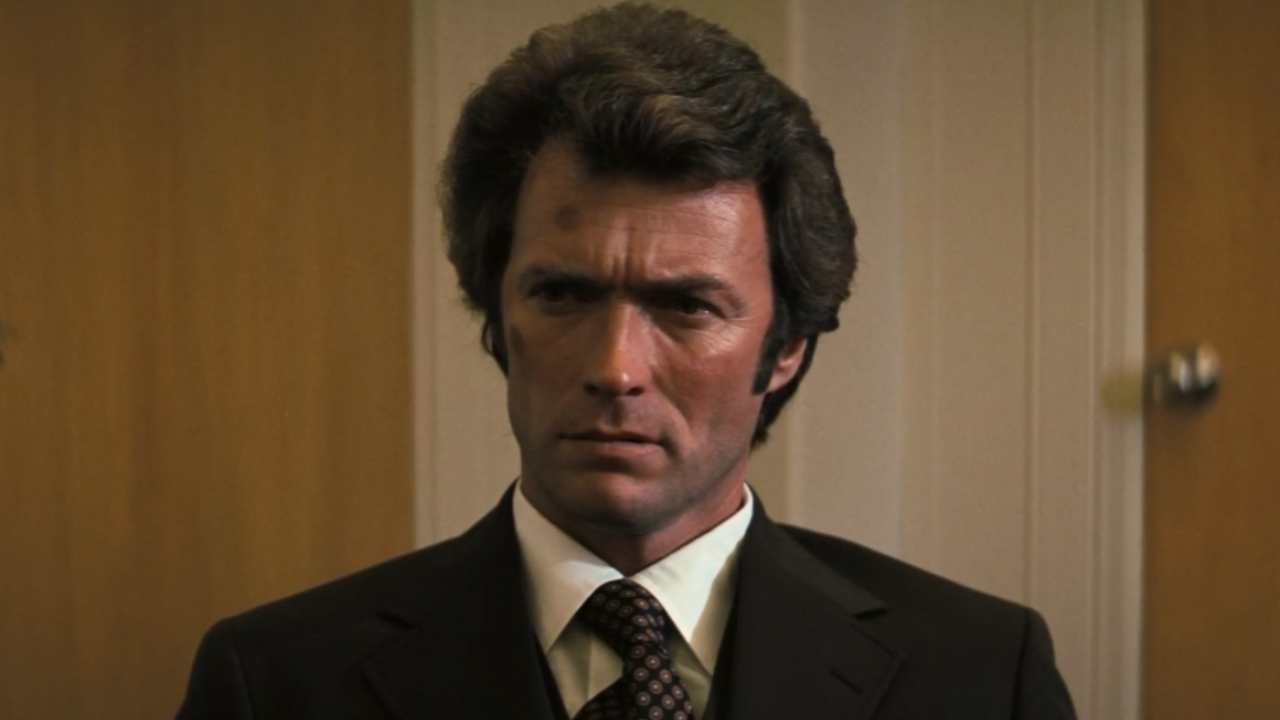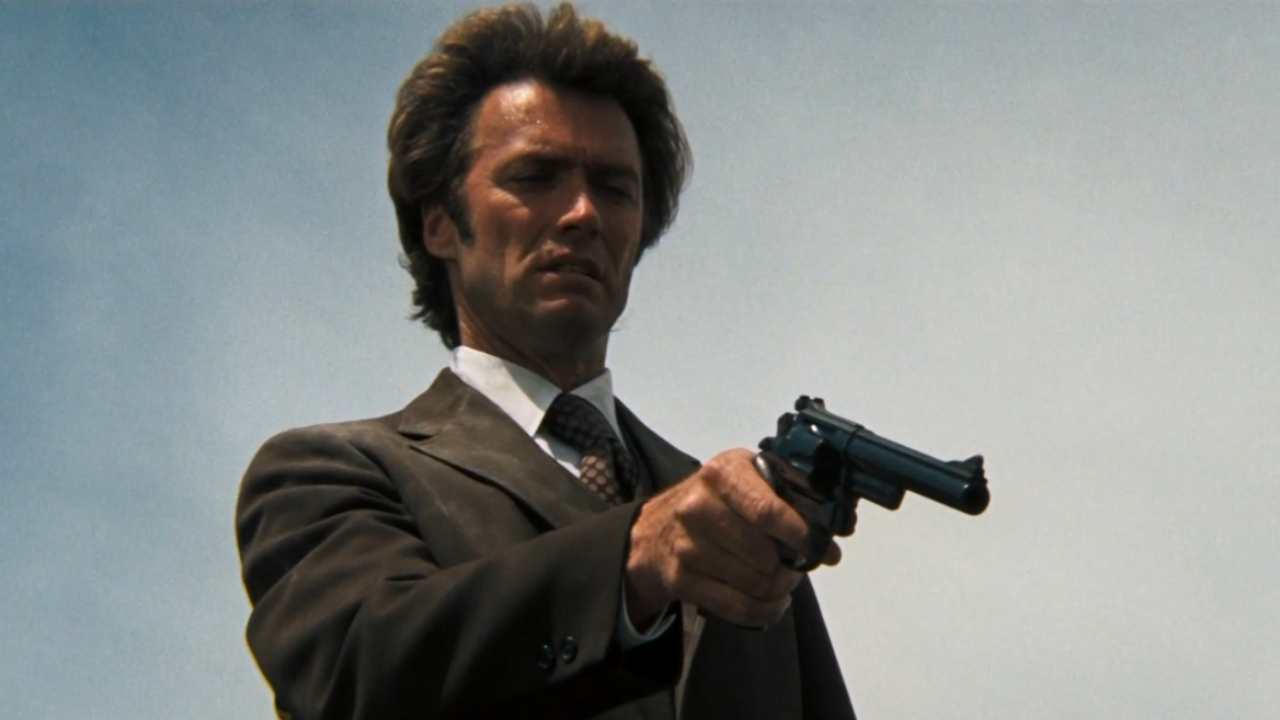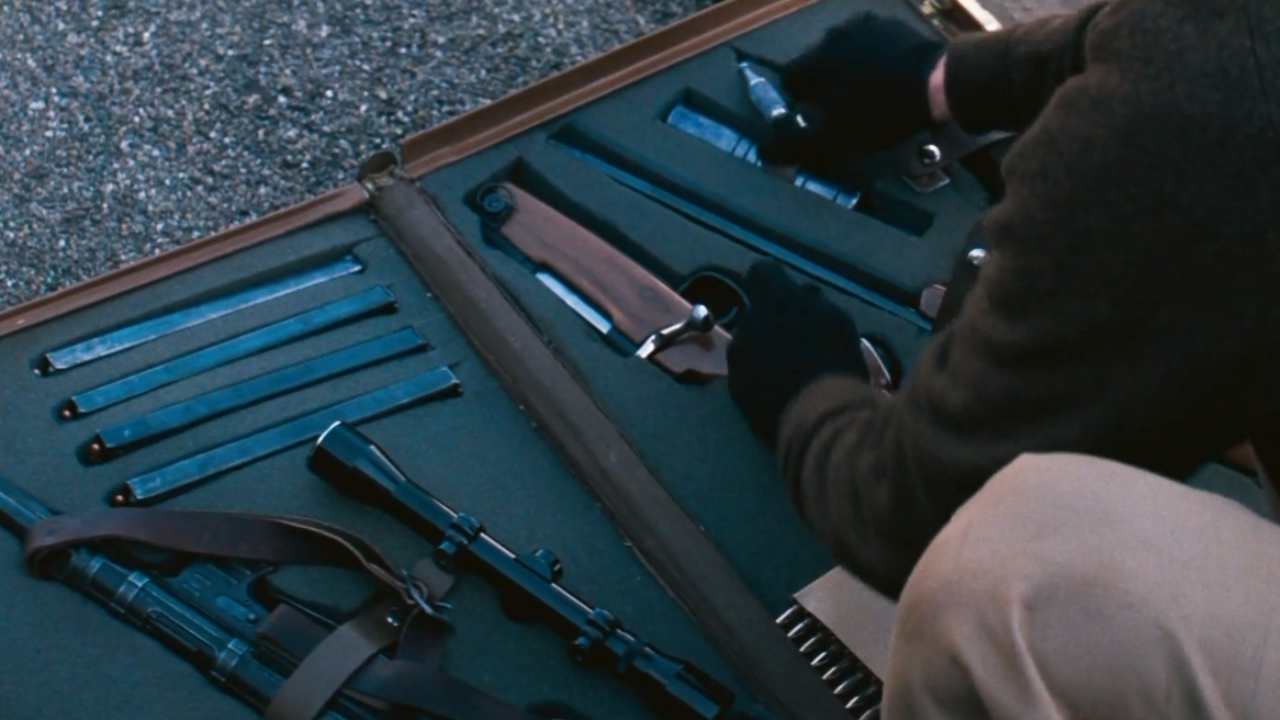Very controversial when it was released in the early 1970s, this cinema classic was completely validated by Quentin Tarantino!
Considered “fascist” by some of the critics when it was released in 1971 (in the USA) and 1972 (in France), the film Inspector Harry with Clint Eastwood does not deserve this qualifier according to Quentin Tarantino. The cinephile director even recommends the film!
As an introductory guide, Tarantino does not deny that the character of Harry Callahan is a brutal policeman, who draws his weapon on the first offense, and who sometimes prefers to kill the criminal rather than bring him to justice:
Warner Bros.
“Harry Callahan’s character is both troubled and unsettling”he confides in the pages of his book Cinema Speculation. “(…) The director has always placed his spectators in front of the main characters who attract us despite their disturbing nature and acts. Protagonists who are difficult to support, but who we end up, as a last resort, encouraging.”
Tarantino then puts the film in its context, 1971, a time when serial killers are hunted down by police officers who then do not have any investigative techniques appropriate to this type of crime, which begins to be brought to light since the end of the 60s and in particular on the chilling Charles Manson affair:

Warner Bros.
When you watch the movie today, you can’t help but wonder: ‘where is the taskforce? Where is the FBI? (…) Where are the profilers?’ Without the devices we now employ when dealing with this type of crime, nothing Harry does seems pointless.
As for the accusations of film critics at the time, perceiving the film as conveying a “fascist” ideology, the director of Reservoir Dogs replies:
“Is there anything about what Harry does in the film that categorically coincides with fascism? No. When he shoots black bank robbers in the hot dog scene, they are effectively escaping from a bank…with the hoard and armed with shotguns.”
If Inspector Harry is not a racist film, nor quite the fascist film that critics of the time saw in it, it is a reactionary film. Aggressively reactionary (…), sometimes implicitly, sometimes explicitly. Because the audience that the film sought to win over dreaded the shock of the future in a society whose rapid changes escaped them.
“Inspector Harry gave voice to their fears, told them they were right to feel what they felt, and gave them a .44 caliber hero ready to fight for them.”

Warner Bros.
This ruthless and reactionary role of Inspector Harry will allow Clint Eastwood to become a real star who is finally recognized as capable of playing something other than gunslingers, and director Don Siegel to direct two very good films: Kill Charley Varrick!! and The Last of the Giants.
As for Harry, he lived four new adventures filmed between 1973 and 1988, all with Clint Eastwood, with in front of the camera Ted Post, James Fargo, Buddy Van Horn and the actor himself, for Sudden Impact – The Return of Inspector Harry (1983).
